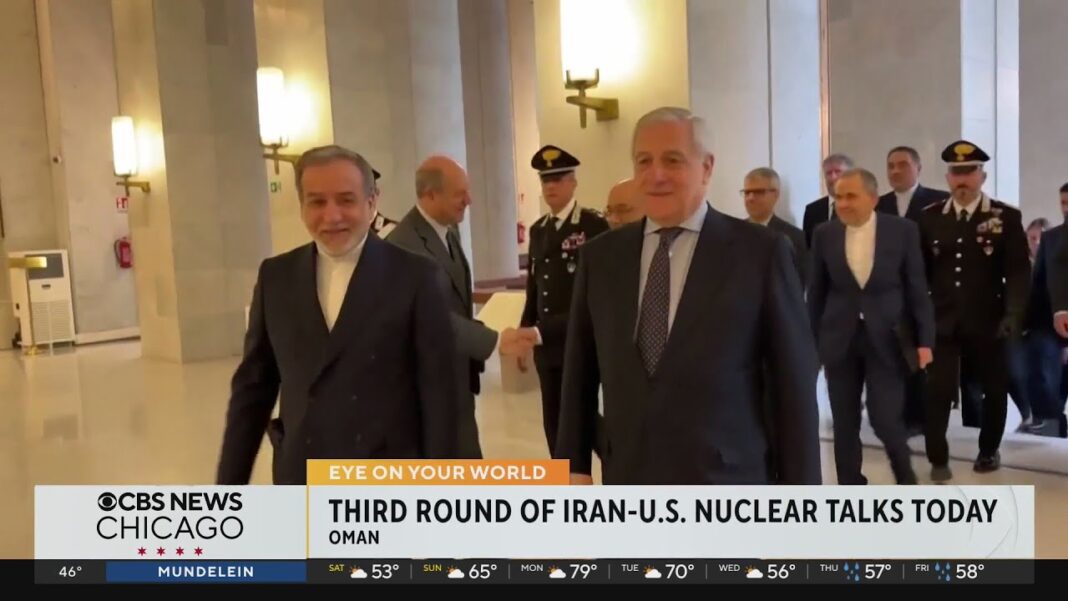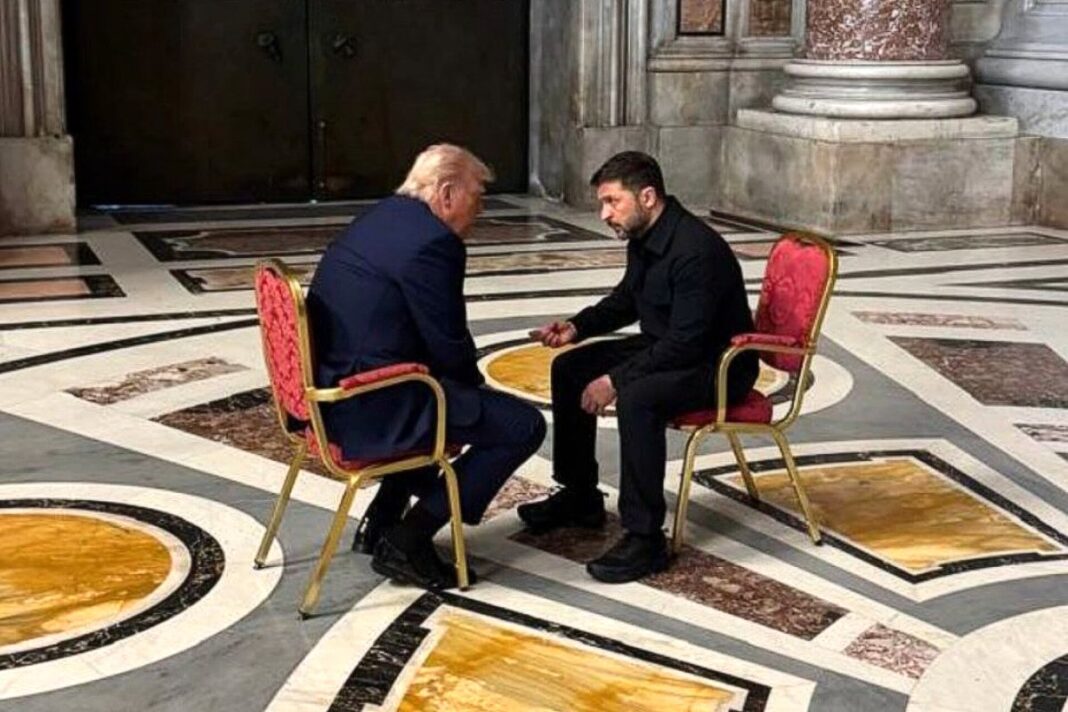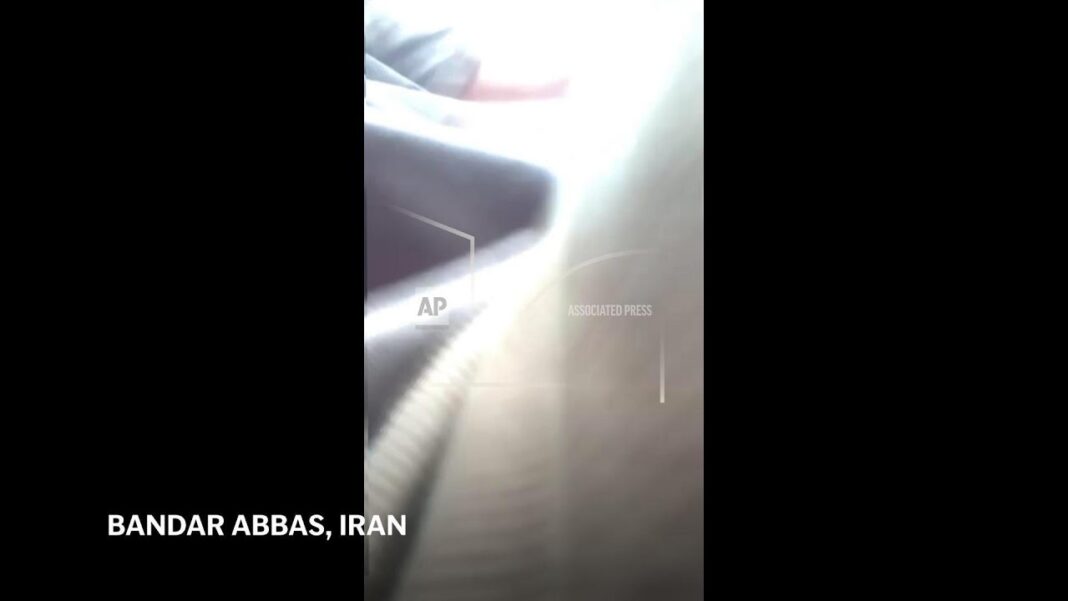The third round of talks aimed at curbing Iran’s ability to develop a nuclear weapon included technical discussions about what such a plan would look like.
Experts from the United States and Iran held their first technical discussions about the future of Iran’s nuclear program.
The discussions in the Omani capital of Muscat follow two high-profile meetings between U.S. presidential envoy Steve Witkoff and Iranian Foreign Minister Abbas Araghchi in the preceding weeks.
Omani Foreign Minister Badr al-Busaidi, who mediated the two previous rounds of talks in Muscat and Rome, said that Iran and the United States “identified a shared aspiration to reach agreement based on mutual respect and enduring commitments.”
“Core principles, objectives, and technical concerns were all addressed,” al-Busaidi wrote on social media, adding that another round of high-level talks was tentatively scheduled for May 3.
Unlike previous talks, where Witkoff and Araghchi negotiated indirectly and aimed to carve out the broad contours of their positions, the April 26 negotiations also included a technical element aimed at the realities of curbing Iran’s nuclear program.
In addition to Witkoff and Araghchi, Iranian Deputy Foreign Minister Majid Takht-e Ravanchi represented Tehran’s team of experts while State Department policy director Michael Anton represented the American side.
President Donald Trump has made preventing Tehran’s acquisition of a nuclear weapon a priority of his foreign policy platform, and his administration has expressed a willingness to allow Tehran to maintain its nuclear power facilities provided it ceases enriching uranium and does not seek a nuclear weapon.
Iran previously maintained that its nuclear program was for peaceful purposes only, but in recent years began to suggest that it could obtain a nuclear weapon but had not yet decided to do so.
The Middle Eastern power has ramped up its enrichment of uranium to near weapons grade since 2018, when Trump unilaterally terminated a bilateral nuclear agreement that had placed limits on such activities. At the time, Trump criticized the deal as “one of the worst and most one-sided transactions the United States has ever entered into” and said it “gave the Iranian regime too much in exchange for too little.”
U.S. intelligence leaders have said for years that it would take Iran a matter of weeks to produce a nuclear weapon if it so chose.








